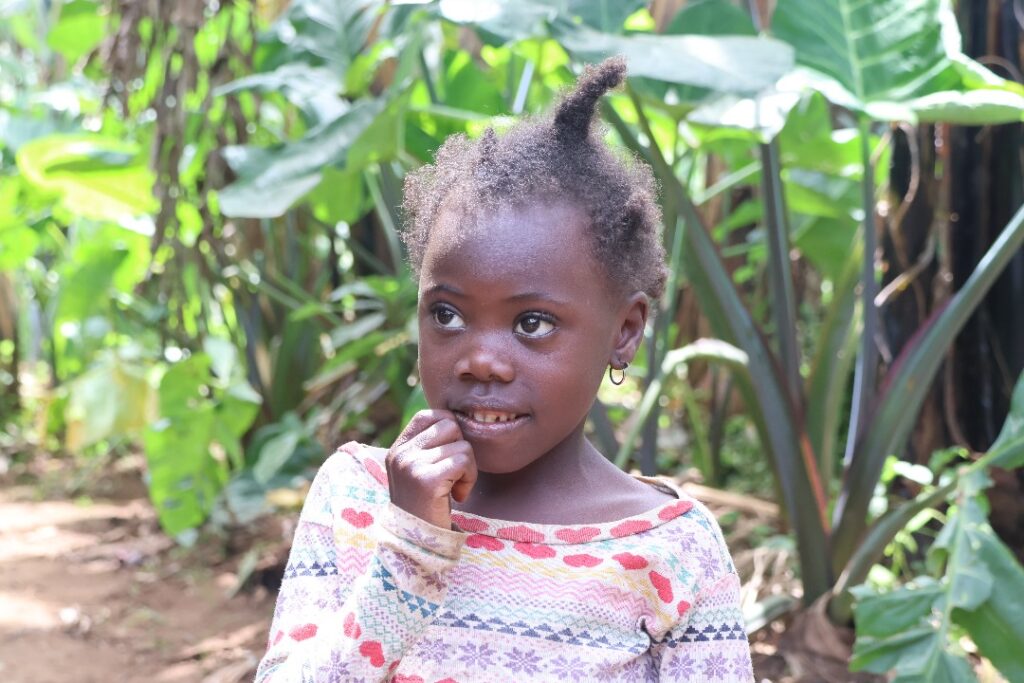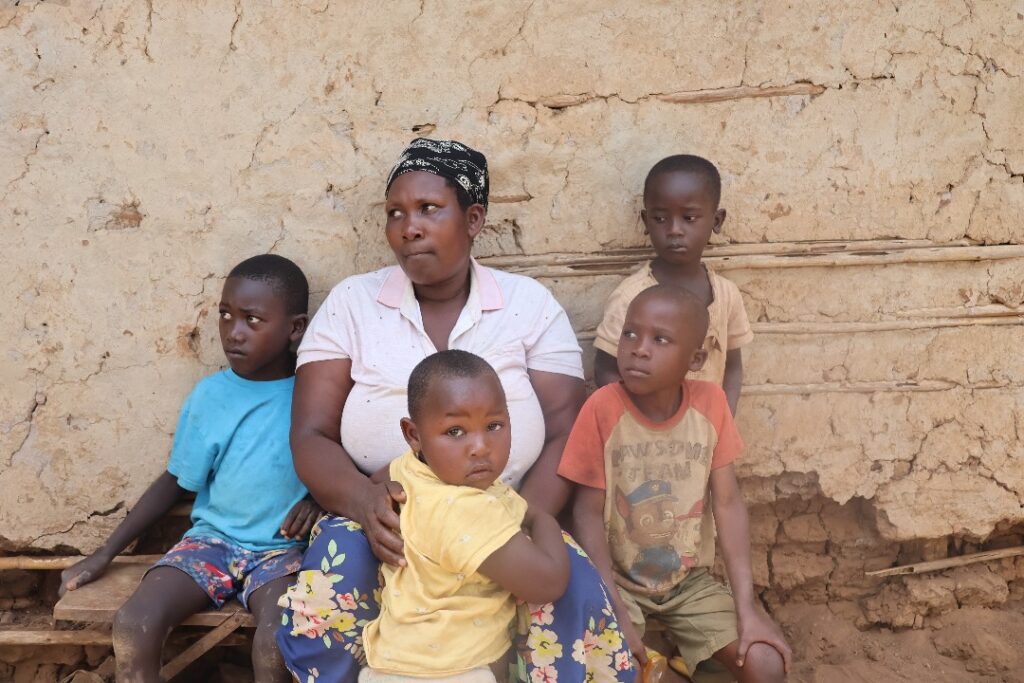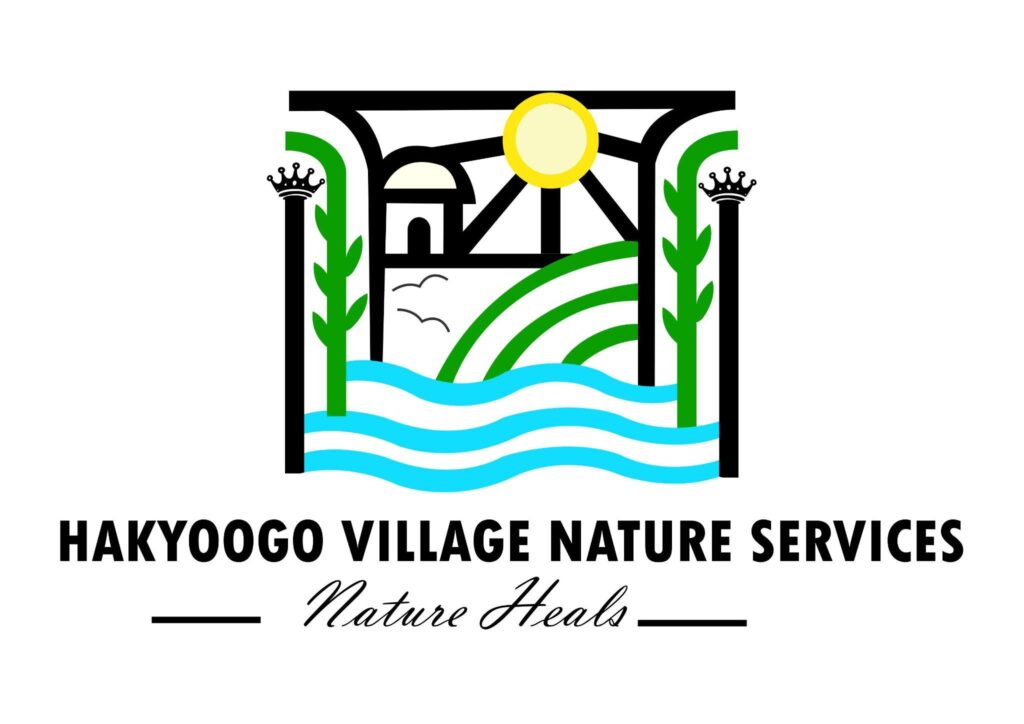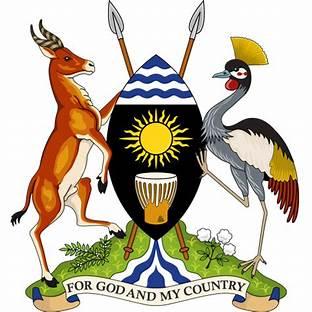Project Description
Faridah Monica Foundation Uganda’s project, “Empowering Children Through Education and
Support in Kabarole District, Western Uganda,” aims to uplift and empower marginalized
communities, focusing on children, elderly individuals, and the homeless.
The project seeks to ensure that these vulnerable groups have access to essential services such as education,
healthcare, and opportunities for sustainable livelihoods.
Through a comprehensive approach, the project aspires to create an inclusive society where every individual can lead a dignified and fulfilling life.
The project targets children from low-income families, particularly orphans, vulnerable children,
and those with disabilities who face additional barriers to accessing education and healthcare.
By providing scholarships, school supplies, and educational support services, the foundation aims to
ensure access to quality education and improve literacy and numeracy skills.
The project also offers access to healthcare services, including medical check-ups and vaccinations, to improve overall well-being.
In addition to education and healthcare, the foundation facilitates income-generating activities and vocational training programs to empower individuals to earn a sustainable income and
become financially independent.
The project collaborates with partners to provide temporary shelter and housing support for homeless individuals, working towards long-term solutions for stable housing.
Faridah Monica Foundation Uganda promotes community integration and social inclusion through awareness campaigns, community events, and programs that foster understanding and empathy.
The foundation also establishes mechanisms for monitoring and evaluating the impact of programs and initiatives to ensure effectiveness and accountability.
Through its ongoing initiatives, the foundation has successfully implemented a bursary program
supporting children who cannot afford school fees, providing financial relief to families and empowering children with practical skills such as farming, sewing, and mechanics.
This holistic approach fosters education, empowerment, and socio-economic development within the communities.




